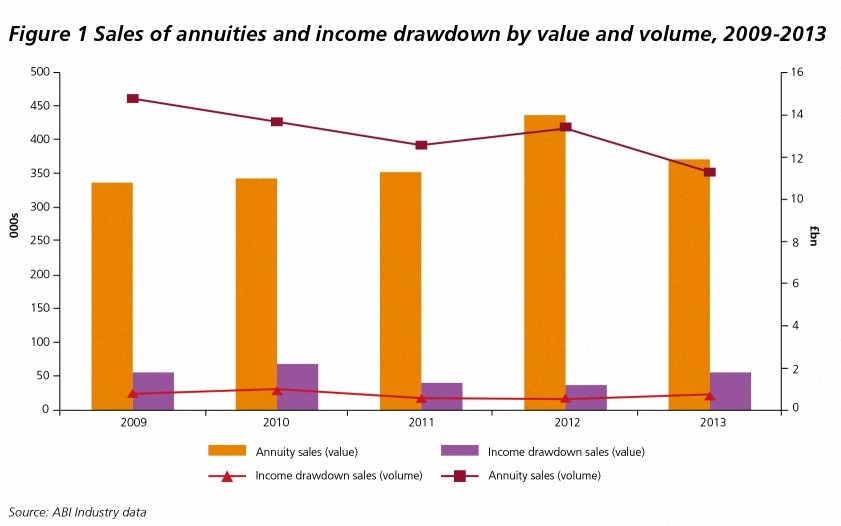Annuities for People over 80
Post on: 17 Апрель, 2015 No Comment

100% helpful
Annuities are complicated financial products. No one, young or old, should purchase them without a thorough understanding of all of the fine print.
Annuities are divided into two major classes, See also:
An immediate fixed annuity pays a stream of income at a specified interest rate over a predetermined period of time. You can select the period of time to be a number of years (period certain, e.g. 5 or 10) or over one or two lifetimes. The insurance company guarantees that the payments will be made. If you elect lifetime payments, the income stream stops after the owner passes away, regardless of how long the payment period has been.
A deferred fixed annuity is an investment for the future. Either a lump sum or regular contributions are made to an account held by the insurance company. The interest rate can be guaranteed for a period of time or it may vary based on an index. This second type is called a Fixed Indexed Annuity. The index is usually the S&P 500. This type will guarantee that your principal and credited interest will never go down, but your rate of return can vary with the index. When you are ready to access the funds, you can elect to have payments made over a specified period of time, over one or two lifetimes or you can take a lump sum.
Variable annuities are invested in funds similar to mutual funds. These funds are often managed by the same companies that manage mutual funds. Your return will vary with the stock market, which means your investment can go up or down. Depending on the product, there may be safeguards to offer some principal protection. The primary use of variable annuities is in retirement accumulation accounts for people who have maxed out their 401(k) and/or IRA contributions. This is because all deferred annuities are tax deferred. So you do not pay income tax on the earnings until you withdraw your savings. At that time, the earnings are taxed as ordinary income.

The question of suitability of annuities for someone over 80 is a major issue. You may have seen the expose on TV depicting seniors who were sold annuities that were not in their best interest. These cases involved deferred annuities. One issue is the penalty due if an annuity is cashed out during the surrender period. The surrender fees are a percentage of the balance that is cashed out (most policies allow up to 10% a year to be withdrawn without incurring a surrender penalty). The fees usually start out high (as high as 15 to 20% for long term policies) and decline with each passing year. Once the surrender period is over, there is no penalty for early withdrawal. I have met seniors who were sold policies in their 70s and 80s that carried surrender penalties for 20 and 30 years!
The biggest risk seniors face, besides running out of money, is the need for long term care. The costs can be devastating. Since most people do not know if or when they will need money for long term care, it’s not prudent to tie up their money in something that they can’t get to without paying steep fees. Although annuitizing a policy for life (taking regular payments) may seem prudent, many people who face steep long term care expenses regret that they cannot access their money in a lump sum.
Was this answer helpful?
Yes














